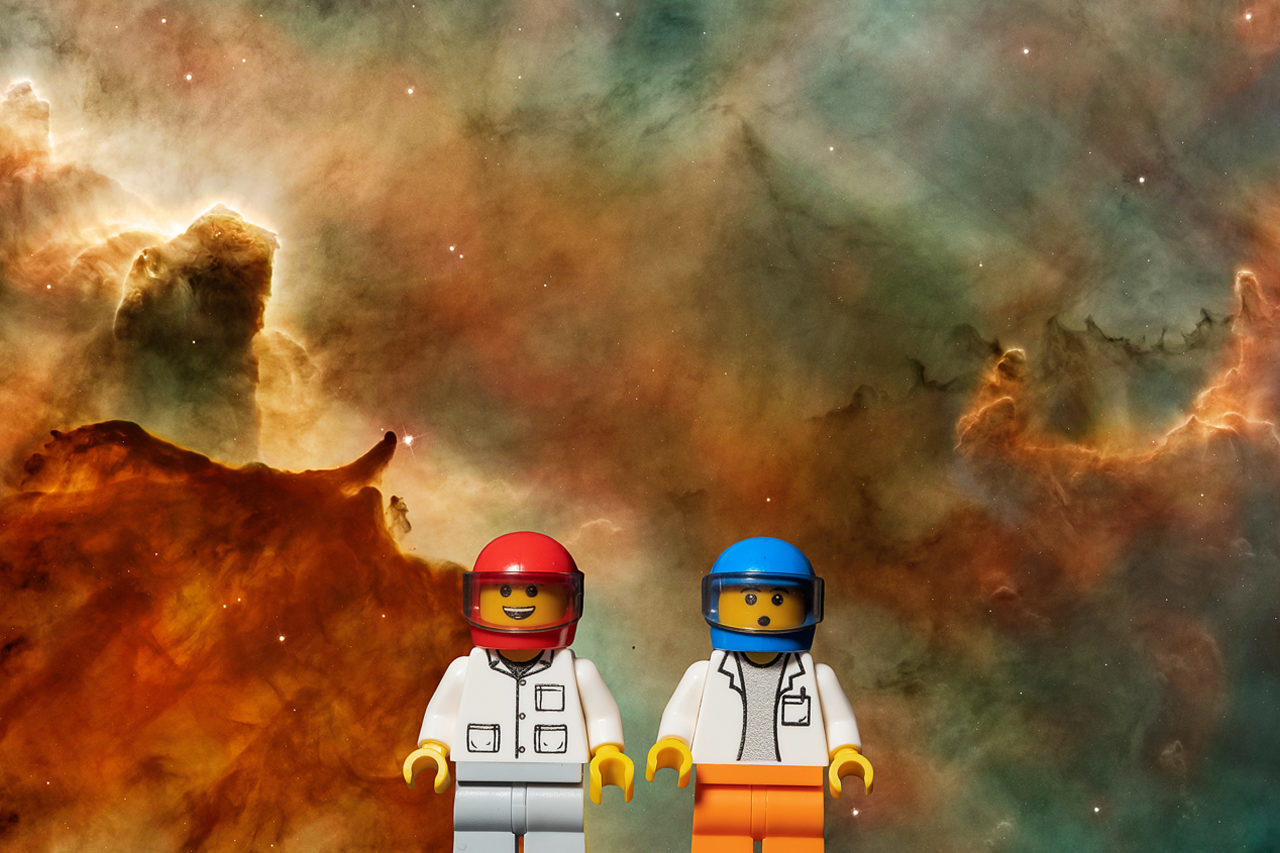What is cosmology?
Cosmology is the scientific study of the universe. It studies the behaviour of the largest structures in the universe (planets, galaxies and stars) together with the smallest structures (fundamental particles).
Cosmology tries to answer questions such as how the universe began, how old the universe is, how big it is and how (and if) the universe will end.
Understanding the entire universe across its entire lifetime involves understanding some pretty strange stuff.
For example, some cosmologists are busy understanding the Big Bang (the leading theory describing the origin and evolution of the universe). Others think our universe is just one of many in a multiverse. Or that fundamental particles (the tiniest particles) are actually made up of tiny strings (aka String Theory).
So what?
Cosmology has transformed our understanding of who we are and where we came from. It reveals the nature of the universe we live in.
Once, the Earth was regarded as the centre of the universe until Nicolaus Copernicus (and others) gathered evidence that the Earth and other planets orbit around the Sun.
Isaac Newton brought all of these discoveries together to explain the motion of the planets in the solar system, introducing the force of gravity.
Then, Albert Einstein developed his theory of relativity, which redefined our understanding of gravity. This helped cosmologists build theories about the origins of the universe, like the Big Bang.
In June 2001, NASA launched the WMAP (Wilkinson Microwave Anisotropy Probe) Explorer mission. This contributed hugely to our understanding of cosmology. The data (information) gathered from WMAP helped us determine the age of the Universe (13.77 billion years old) with outstanding accuracy and the proportions of matter and energy in the universe.
Here’s a full history of cosmology, an excellent article on the importance of cosmology.
What else?
Cosmology is a very active field of research. Hot topics include:
- Dark matter – if we look at the amount of visible matter (stars, galaxies, etc) in some galaxies, then there isn’t enough stuff to explain how those galaxies move. We believe the extra stuff can’t be seen. Cosmologists are trying to directly observe dark matter using experiments such as the Super Cryogenic Dark Matter Search (SuperCDMS).
- Dark energy – our universe is expanding (getting bigger). In fact, it’s not just expanding, this rate of expansion is accelerating (speeding up). Sometimes known as “repulsive gravity”, dark energy is the name given to the substance thought to be pushing our Universe apart. HETDEX is the first major experiment to search for dark energy.
Here’s a wonderful lecture from the Perimeter Institute covering Cosmology in the 21st Century.
Want more?
The universe is a big topic to get your head around. But this video does a pretty good job in under three minutes:

Carl Sagan’s Cosmos
A fascinating cosmological journey through the universe and our place in it.

Brian Cox Live Roadshow
The global science roadshow, covering a myriad of cosmological topics.



